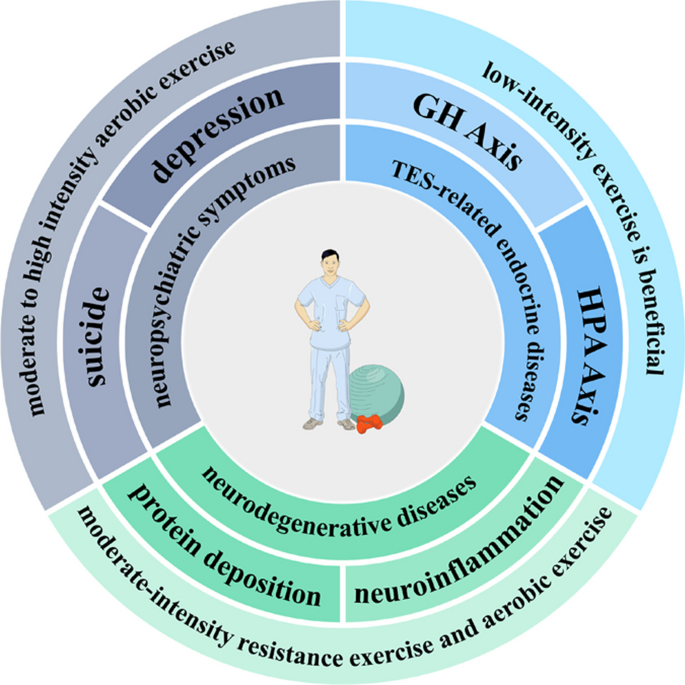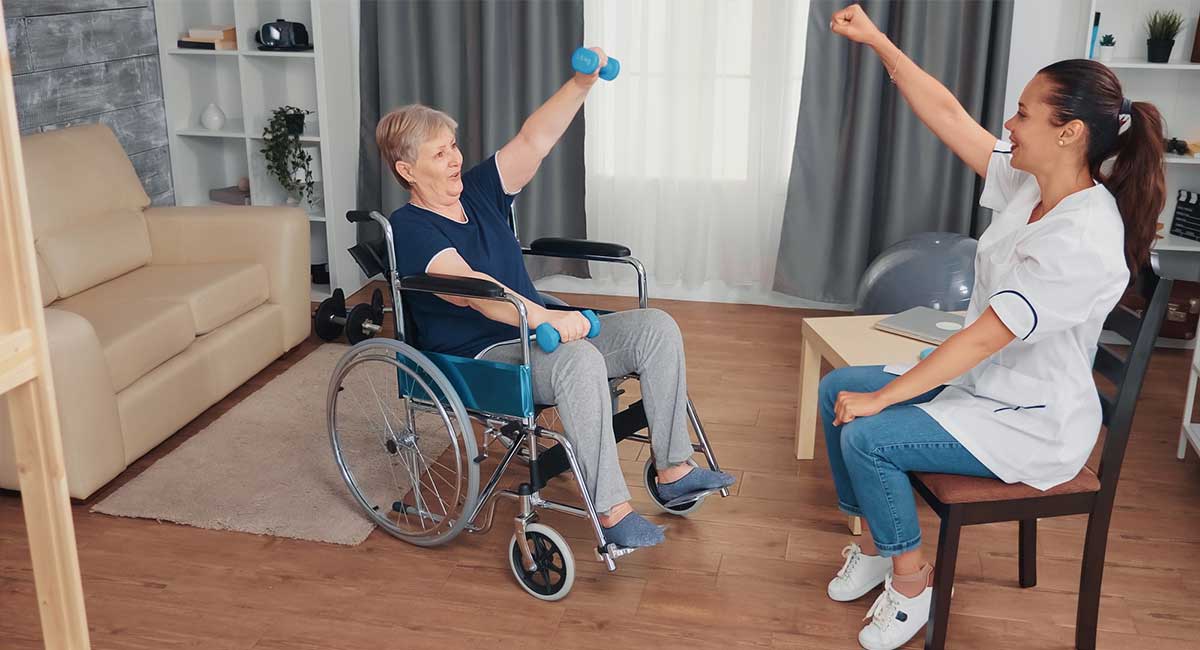Some Of Narconon Africa
Not known Facts About Narconon Africa
Table of ContentsSee This Report on Narconon AfricaWhat Does Narconon Africa Do?A Biased View of Narconon AfricaNarconon Africa for DummiesThe smart Trick of Narconon Africa That Nobody is Talking AboutAbout Narconon AfricaThe Ultimate Guide To Narconon Africa
In a collection of papers with Manudeep Bhuller and Katrine V. Lken, we overcome these information obstacles and the nonrandomness of imprisonment, supplying brand-new insights right into exactly how incarceration affects recidivism, work, children, and criminal networks - Effective drug addiction solutions. Number 1 Our job studies the effects of imprisonment in Norway, a setup with 2 key advantagesWe can further connect this information to other family members, including children and brother or sisters. We have details on co-offending that allows us to map out criminal networks for observed criminal offenses. Second, we can take advantage of the random job of criminal cases to courts that differ in their propensities to send out accuseds to jail.
Yet some courts send out defendants to prison at a high rate, while others are extra tolerant. We determine a judge's stringency as the typical incarceration rate for all other instances a court manages, after managing for court and year fixed effects, which is the degree of random assignment. This quasi-random job of court stringency can be used as an instrument for incarceration, as it highly anticipates the judge's decision in the existing situation, yet is uncorrelated with other situation features both deliberately and empirically.
Narconon Africa - Questions
Features of prisoners, consisting of demographics and criminal activity categories, are generally comparable in Norway and various other nations, consisting of the United States, with the exemptions that the US murder rate is a lot higher, and race plays a bigger role there too. What sticks out as various, particularly compared with the United States, is the prison system.
Figure 2In Norway, the typical time invested behind bars is a little over six months, which resembles most other Western European nations. This contrasts with ordinary US prison time of practically 3 years, which remains in large part the reason the United States is an outlier in its incarceration price compared to the remainder of the world [Number 1]
The 3-Minute Rule for Narconon Africa
This offers much more separation in between small and hard offenders than exists in the USA. There is no congestion in Norwegian jails and better personal safety, with each detainee being designated to their very own cell and a greater inmate-to-staff proportion than in the United States (https://www.figma.com/design/xzDssoQTFFzFQLN8EibB6k/Untitled?node-id=0-1&t=8SWnSgRu6UH2Ak1C-1). Jails in Norway also supply well-funded education and learning, medication treatment, psychological wellness, and job training programs
Our study on the effects of incarceration on the wrongdoer, utilizing the random task of courts as a tool, yields three vital searchings for. First, imprisonment inhibits further criminal habits. We find that incarceration reduces the possibility that an individual will reoffend within five years by 27 percentage factors and decreases the matching variety of criminal fees per individual by 10 costs.
6 Simple Techniques For Narconon Africa
We find sizable reductions in reoffending likelihoods and advancing billed criminal activities even after defendants are launched from jail. Our 2nd outcome is that predisposition due to option on unobservable private characteristics, if disregarded, results in the erroneous conclusion that time invested behind bars is criminogenic. If we just contrast criminal defendants sentenced versus those not imprisoned, we find favorable associations between imprisonment and subsequent criminal activity.
This stands in comparison to our analysis based upon the random project of judges, which discovers an opposite-signed outcome. Third, the reduction in crime is driven by people who were not functioning prior to incarceration. Among these people, jail time raises engagement in programs routed at boosting employability and decreasing regression, and this ultimately elevates work and incomes while inhibiting criminal habits.

Jail time creates a 34 portion factor rise in involvement in task training programs for the formerly nonemployed, and within 5 years their employment rate increases by 40 portion factors. At the exact same time, the chance of reoffending within five years is reduced by 46 percent points, and there is a decline of 22 in the typical variety of criminal fees.
Unknown Facts About Narconon Africa

A possible description for the difference is Our site that Norway's jail system varies markedly, both in terms of prison-term size and prison conditions, from the United States jail system. While recognizing the results of imprisonment on the culprit is a crucial primary step, capturing spillover effects is also essential for evaluating criminal justice plan and designing reliable jail systems.
Facts About Narconon Africa Uncovered

Ordinary least squares estimates reveal that children of incarcerated dads are 1 percentage factor more probable to be charged with a crime, family member to a mean of 13 percent, and show no effect on school qualities. Using our judge stringency tool, we find no analytical evidence that a dad's incarceration impacts a child's very own crime or college grades, however we are not able to eliminate modest-sized results.
Everything about Narconon Africa
We define criminal teams based upon network links to previous criminal instances. Our analysis returns 3 main findings. When a criminal network member is jailed, their peers' likelihood of being billed with a future criminal activity lowers by 51 percent factors over the following four years. Furthermore, having an older sibling incarcerated lowers the chance his younger brother will certainly be billed with a criminal activity by 32 percentage points over the following 4 years.